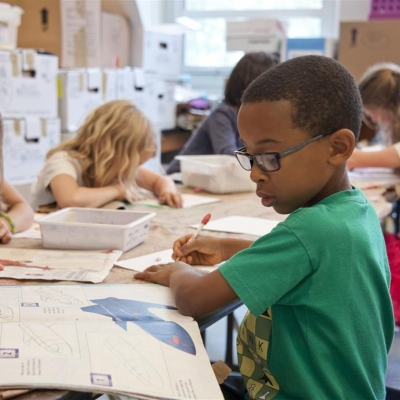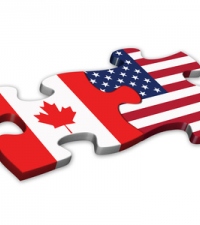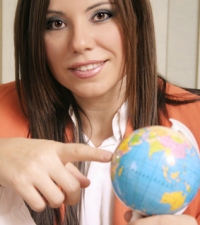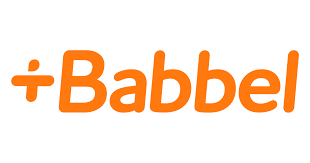International Schools in Suriname

You will find below a list of the most popular international and bilingual schools for expats in Suriname with fee information. The list includes nursery schools, primary and secondary (high) schools for you to find the right school to prepare for the International Baccalaureate and other accreditation in Suriname. Some schools may follow the American or British curriculums with English speaking programs while others are regulated under the French language and system.
Education in Suriname
The language of instruction is Dutch; mainly Surinamese Dutch (exceptionally, international schools offer English and the main educational language) and educational centres are set up in analogy to the Dutch education system.
Access to education has been guaranteed by ensuring that primary education and lower secondary education is free of charge.
Compulsory education is currently set by law for the ages of 6 to 12. However, Surinamese government aims to introduce an 11-year basic education system, which consists of an integration of pre-primary, primary and junior secondary school.
Basic education covers the 2 years of pre-primary school for children aged 4-5, and primary school, which has a duration of 6 years (for children aged 6-11).
Following completion with a final test, pupils are awarded the certificate of Gewoon Lager Onderwijs (Primary Education, GLO).
This certificate allows pupils to enter a general junior secondary education (VOJ), which is split into a general programme with a nominal duration of 4 years (MULO), and a vocational programme with a nominal duration of 1 to 4 years.
International Schools
International schools can be the perfect solution for an expat student (multinational corporation executives, children of diplomats, NGO staff) in Suriname. Many schools provide similar standards of schooling around the globe, providing for an easy transition between schools whether they are in France or Vietnam. There may be some local population, but the schools are usually geared for an international student body. Schools may follow a curriculum model from the US, UK, France, etc. Primary instruction may be any language (and multiple languages are usually taught), but it is usually in English, French, Spanish, German, or Japanese. Schools also provide internationally accepted accreditation such as the international baccalaureate.
Admission and enrolment procedures vary from school to school. Space is often limited and preference may be given to students based on nationality. Tuition tends to be expensive based on local standards, but offers high standards of learning, boast smaller class sizes, first-rate facilities, and extracurricular. Boarding facilities are available at some schools, but most only provide day classes.
Accreditation & Membership
- The CoIS (Council of International Schools) is a non-profit association of international schools and post-secondary institutions which provides educational accreditation, teacher and leadership recruitment services, links to higher education, governance assistance and help with founding new schools.
- European Council of International Schools (ECIS) is a collaborative network promoting the ideals and best practice of international education, complemented by grants and awards.
- Council of British International Schools (COBIS) is a responsive organisation that serves, supports and represents its member schools.
- New England Association of Schools & Colleges (NEASC) is a regional accrediting association which establishes standards for all levels of education, from pre-K to doctoral.
- Agency for French Education Abroad (Agence pour l'enseignement français à l'étranger, AEFE) is a national public agency under the administration of the French government that assures the quality of schools teaching the French national curriculum outside France.
- National Association of Independent Schools (NAIS) represents over 1100 independent schools and associations in the United States and abroad.
International schools in Paramaribo
QSI International School of Suriname
Address: Ringweg Zuid 189b,
Ringweg Center Plaza building 5
Paramaribo, Suriname
Tel: +597 825 0839
Email: suriname@qsi.org
Tuition Rates: Inquire at school
QSI International School of Suriname, a nonprofit school, it offers high-quality education in the English language for elementary through secondary students. The school provides its services for expatriate families from the diplomatic, international business, and local communities. QSI Schools are accredited through the Middle States Association (MSA), and academic program uses a Performance-Based/Mastery Learning approach to education. This model assures mastery of specific skills and knowledge involving both individual and group instruction.
International Academy Of Suriname
Address: Lawtonlaan 20, Uitvlugt
Paramaribo, Suriname
Tel: +597 728 1080
Email: publicrelations@iasuriname.org / business@iasuriname.org
Tuition Rates: From $9,000 to $10,350 [school year 2021-2022]
IAS offers accredited American education to students from all over the world residing in Paramaribo, Suriname. Their certified teachers and accredited curriculum serve students in pre-kindergarten through grade 12.
- My Life Abroad -
A selection of expat stories

"A fun compulsive read!"
J. Matcham, Amazon
"I strongly advise people ready to live abroad to read this book!"
Patrice, Amazon

 5 Top International Education Systems For Expat Kids
5 Top International Education Systems For Expat Kids Same language, different ball-game
Same language, different ball-game Finding a job after earning your TEFL Certificate abroad
Finding a job after earning your TEFL Certificate abroad Babbel
Babbel